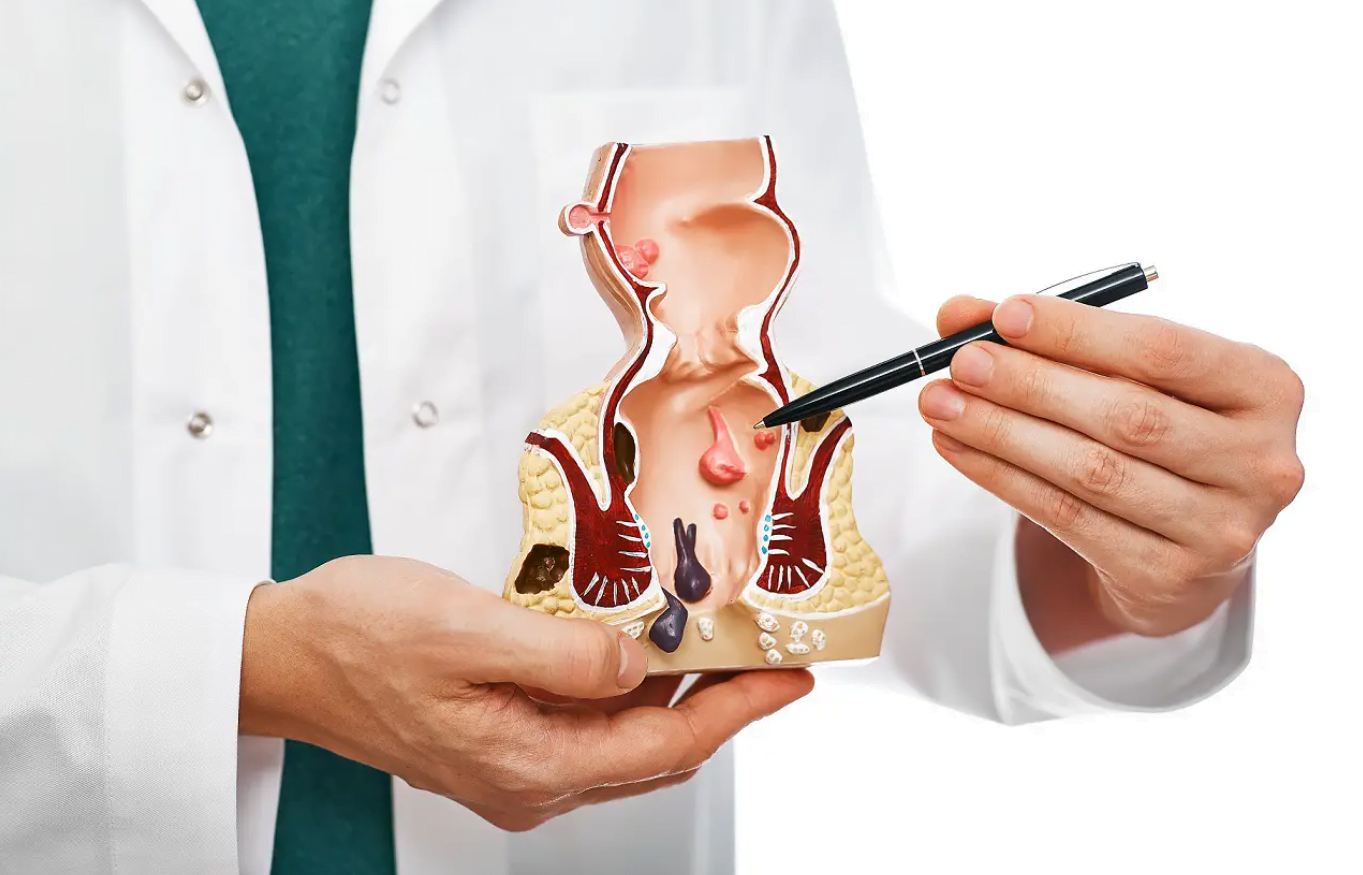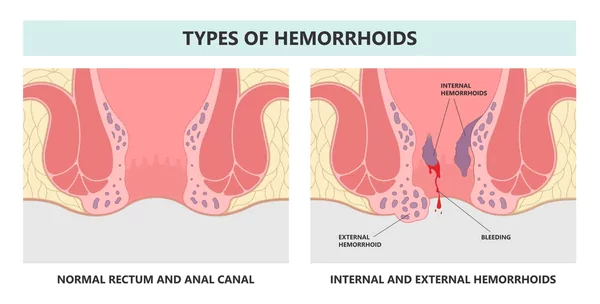Anal Cancer Risk Factors and How to Reduce Them?
Anal cancer is a rare but serious condition that arises in the tissues of the anus. While its prevalence is lower compared to other cancers, understanding the risk factors and prevention strategies can significantly reduce its impact.
With over 37 years of experience, Dr. Pramod D. Bahekar is the leading Anal Cancer Surgeon in Dombivli, specializing in the treatment of anal cancer, piles, and fistula.
This blog explores the primary risk factors of anal cancer and provides actionable prevention tips.

What is Anal Cancer?
Anal cancer occurs when abnormal cells grow uncontrollably in the anus, a crucial part of the digestive tract.
Unlike other cancers, anal cancer often goes unnoticed until symptoms become severe, making early detection vital.
Common Anal Cancer Symptoms
Recognizing symptoms early can lead to timely treatment. Look out for:
- Unexplained bleeding or discharge from the anus.
- Persistent pain, itching, or swelling near the anal area.
- A lump or mass around the anus.
- Changes in bowel habits, including unusual stool appearance.
If you experience these symptoms, consult an experienced Anal Cancer Surgeon in Dombivli for an accurate diagnosis and treatment.
What Causes Anal Cancer?
The Role of HPV (Human Papillomavirus)
HPV is the most significant cause of anal cancer. This sexually transmitted infection increases the risk of abnormal cell growth in the anal region.
HPV vaccinations can significantly reduce the risk of anal cancer.
Other Causes of Anal Cancer
- Smoking: Increases vulnerability to cancer by weakening the immune system.
- Chronic Anal Conditions: Untreated conditions like fistulas or inflammation can lead to cancerous changes.
- Immune Suppression: Diseases like HIV/AIDS weaken the body’s ability to fight infections, increasing cancer risk.
- Genetic Predisposition: A family history of cancers may elevate the risk.

Anal Cancer Risk Factors
Key Risk Factors for Anal Cancer
Several factors contribute to anal cancer risk:
- HPV Infection: The leading cause of anal cancer.
- Age: Individuals over 50 are more susceptible.
- Gender: Women have a slightly higher risk due to HPV prevalence.
- Lifestyle Choices: Smoking and unprotected sexual activities significantly increased risk.
- Immune System Deficiency: Compromised immunity makes the body more vulnerable to cancer.
Overlapping Conditions Increasing Risk
- History of Anal Warts: Can lead to precancerous changes in the anal region.
- Chronic Inflammation: Prolonged irritation from untreated anal conditions.
- Timely intervention, such as anal cancer surgery in Kalyan, can mitigate these risks.
Anal Cancer Prevention Tips
Reduce Risk Through Lifestyle Changes
You can lower your risk by making the following changes:
- Quit Smoking: Smoking cessation reduces the likelihood of cancer.
- Practice Safe Sex: Using protection during intercourse minimizes HPV transmission.
- Maintain a Healthy Immune System: Regular exercise and a balanced diet strengthen immunity.
Awareness and Early Detection
- Regular health checkups and knowing the common anal cancer symptoms can lead to early diagnosis.
- Don’t ignore persistent anal discomfort or irregularities. Seek medical advice immediately.
The Role of Anal Cancer Surgery in Treatment
When is Surgery Necessary?
Surgery becomes necessary when:
- The cancer is detected in its early stages and can be removed completely.
- Advanced cases require surgical intervention along with other treatments like chemotherapy or radiation.
Why Choose Dr. Pramod D. Bahekar?
- Over 37 years of experience treating anal cancer, piles, and fistulas.
- Expertise in advanced anal cancer surgery in Kalyan and Dombivli.
- Compassionate care tailored to ensure quick recovery and patient well-being.
Conclusion
Understanding the risk factors and taking proactive steps toward prevention can make a significant difference in reducing the burden of anal cancer.
Regular checkups and expert guidance play a crucial role in managing your health.
For the best care, schedule a consultation with Dr. Pramod D. Bahekar, the most trusted Anal Cancer Surgeon in Dombivli. Early detection and timely treatment can save lives.
